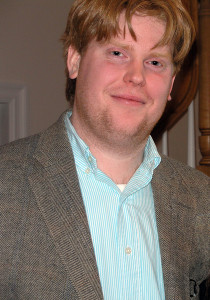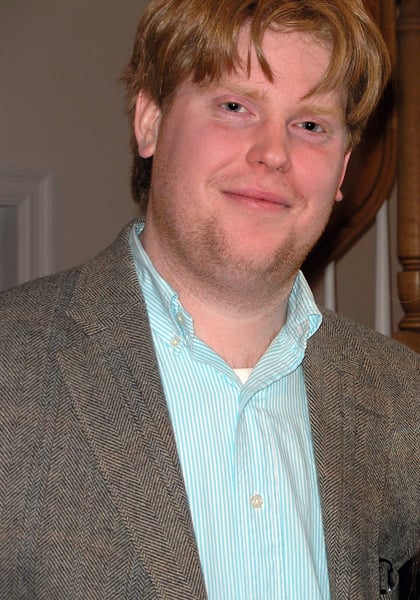
“Community is really what people are looking for,” reflects John Figdor, the Harvard Divinity School-trained chaplain who joined Stanford this year. “One of the most beneficial aspects of religion is that sense of community that you get.”
Unlike Stanford’s other chaplains, Figdor does not look to deities in his efforts to counsel and guide students. Stanford’s Humanist Community hired Figdor, a humanist chaplain who also serves as the professional leader of Atheists, Humanists, and Agnostics (AHA!) @ Stanford, at the start of the academic year.
Figdor is the first humanist chaplain to work with both the independent off-campus humanist community and AHA!
He collaborates with AHA!’s student leadership in bringing speakers to campus, facilitating discussions about religion and planning events for the group.
“AHA! is one part of the humanist community, right now it is the biggest and most burgeoning part of it,” Figdor said.
Figdor also serves as a counselor to members of the community, oversees nontheistic weddings, funerals and baby-naming ceremonies and visits humanists and nontheists in hospital.
Dean of Religious Life Scotty McLennan said that Figdor serves a community-building role similar to those of other professional leaders on campus.
“He’s done really great in providing for students the same kind of service that Mychal Copeland, the rabbi at Hillel, and Father Nathan Castle, the priest of the Catholic community, have provided for their communities,” McLennan said.
While McLennan equated Figdor’s role and responsibilities with those of on-campus religious leaders, humanists generally emphasize the differences between humanist and religious belief systems.
“There is no sense of authority that comes from the religious dogma,” said Armand Rundquist, a postdoctoral student in electrical engineering and AHA!’s current president. “There’s no supernatural extra veil of authority that we accord [Figdor] because he is closer to some sort of spiritual source.”
Originally from New York, Figdor grew up in a largely secular community and realized he was an atheist at a young age. He studied philosophy and Russian literature at Vassar before attending Harvard Divinity School.
Having served as Harvard’s humanist chaplain, Figdor expressed his desire to emulate Harvard’s humanist community at Stanford, noting that the West Coast has a less developed humanist presence than the East Coast.
“We want to do everything the Harvard group does and add some more spice onto it,” Figdor said.
So far this year, Figdor has worked with AHA! to bring a variety of speakers to discussion meetings. The group traveled to the Atheist Film Festival in San Francisco this past summer and engages in interfaith discussions with religious groups on campus.
“All too often people think of atheists as a bunch of angry people who get together and bash religion, and that’s not what we are nor is it what we should be,” Figdor said.
“Ultimately, humanism is about offering alternatives—different ways of looking at the world for these folks,” he added.
